There is only a limited amount of food you can eat in a single day. In order to maximise the amount of nutrients you take in, it makes sense to spend your ‘calorie budget’ wisely. The best way to do that is to simply eat the foods that carry the greatest amount and variety of nutrients. Kris Gunners from Authority Nutrition shows us the 11 most nutrient-dense foods on the planet.
1 Liver
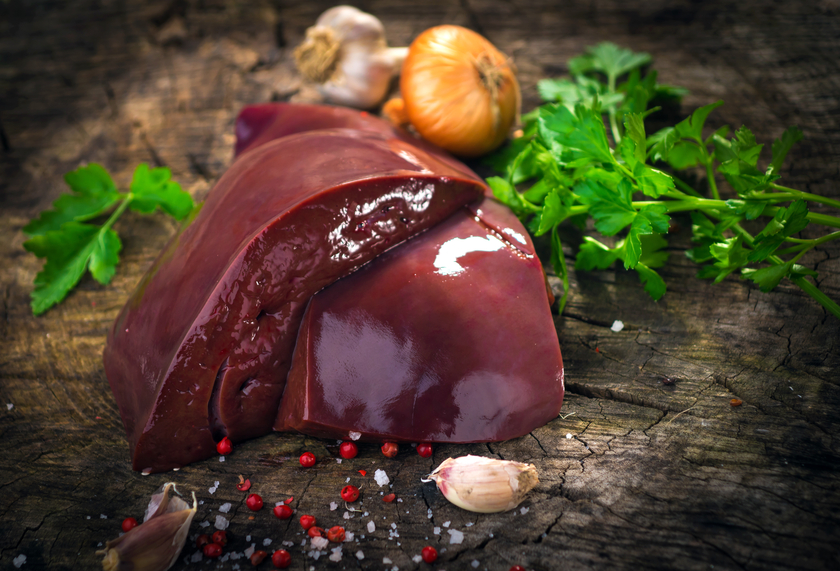
Humans have been eating animals for thousands of years. However, back in the day, we didn’t just eat the muscles like we do today. Compared to the organs, muscle meat is nutritionally poor. Out of all the organs, the liver is by far the most nutritious.
A 100g (3½oz) portion of beef liver contains: 1176% of the RDA for vitamin B12; over 50% of the RDA for vitamins B6, B5, niacin and folate; 201% of the RDA for vitamin B2; 634% of the RDA for vitamin A; 714% of the RDA for copper; over 30% of the RDA for iron, phosphorus, zinc and selenium; 29 grams of high quality animal protein. Eating liver once per week is a good way to ensure that you get optimal amounts of these very important nutrients.
2 Kale
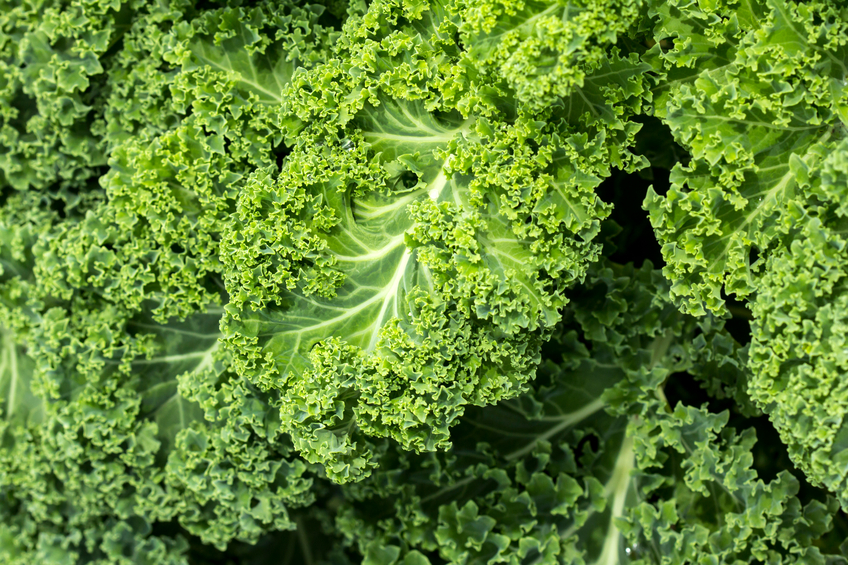
Of all the super-healthy leafy greens, kale is the king. It is loaded with vitamins, minerals, fibre, antioxidants and various bioactive compounds. A 100g (3½oz) portion of kale contains
200% of the RDA for vitamin C; 300% of the RDA for vitamin A; 1000% of the RDA for vitamin K1; large amounts of vitamin B6, potassium, calcium, magnesium, copper and manganese. Kale may be even healthier than spinach. Both are massively nutritious, but kale is lower in oxalates, which are substances that can bind minerals like calcium in the intestine, preventing them from being absorbed.
3 Seaweed
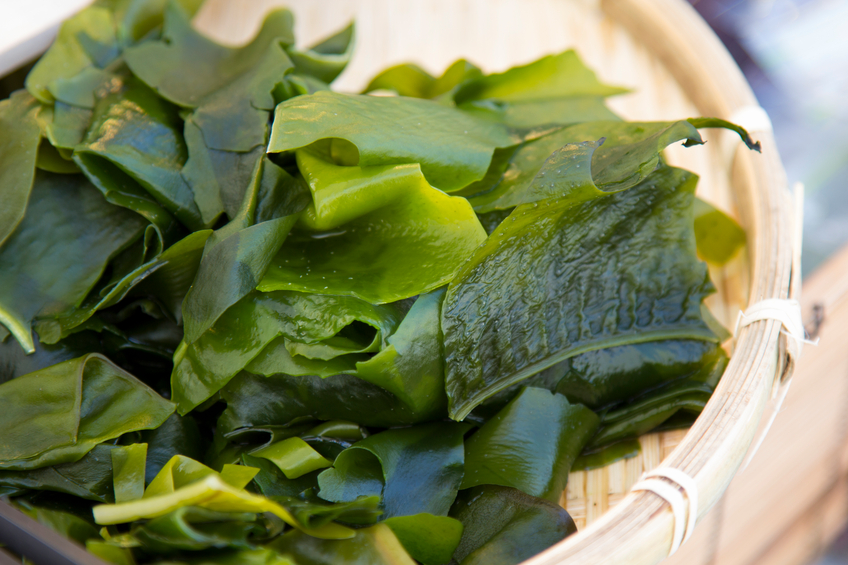
The sea has more than just fish. it also contains massive amounts of vegetation. Usually referred to as ‘seaweed’, there are thousands of different plant species in the ocean, some of which are incredibly nutritious. In many cases, seaweed is even more nutritious than vegetables grown on the land. It is high in minerals such as calcium, iron, magnesium and manganese. It is also loaded with various bioactive compounds, including phycocyanins and carotenoids. Where seaweed really shines is in its high content of iodine, a mineral that is used to make thyroid hormones. Just eating a high-iodine seaweed like kelp a few times per month can give your body all the iodine it needs.
4 Garlic
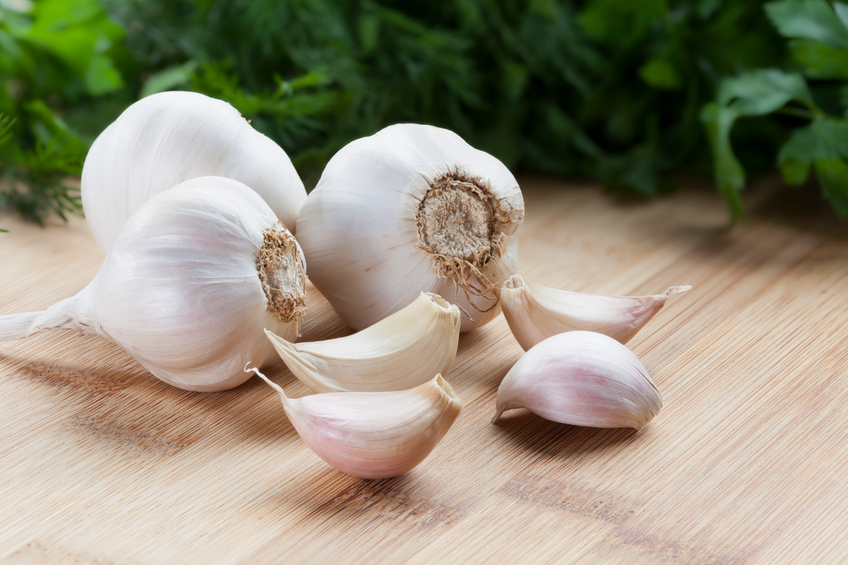
Garlic really is an amazing ingredient. Not only can it turn all sorts of bland dishes into delicious treats, it is also incredibly nutritious. It is high in vitamins C, B1 and B6, calcium, potassium, copper, manganese and selenium. But garlic is also loaded with another incredibly important nutrient called allicin, which is the active ingredient in garlic. There are many studies on the health benefits of allicin and garlic. It has been shown to lower blood pressure and LDL cholesterol, while raising HDL… which should lead to a reduced risk of heart disease down the line. It also has various cancer-fighting properties.
5 Shellfish
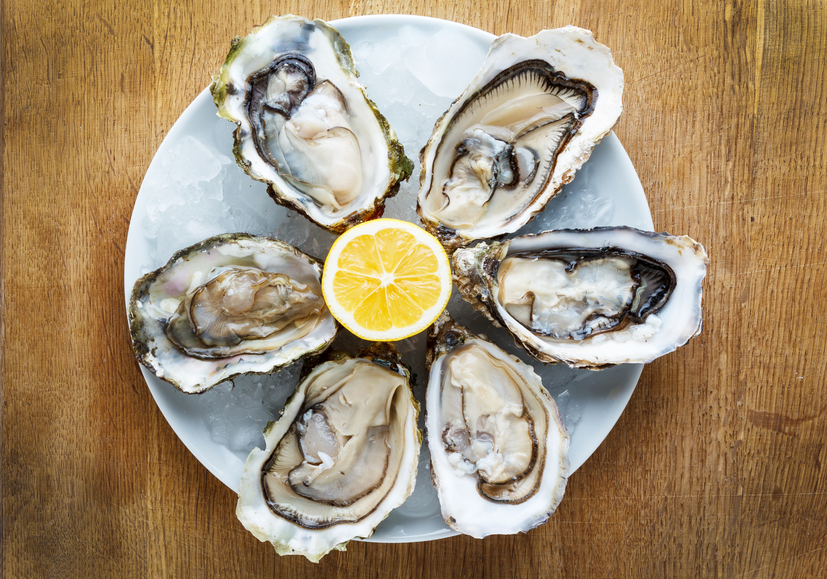
Out of all the wonderfully nutritious organisms found in the sea, shellfish may be the most nutritious of all. Commonly consumed types of shellfish include clams, oysters, muscles and various others. Clams are among the best sources of vitamin B12 in existence, with 100g (3½oz) clams supplying 16 times the RDA! It is also loaded with other nutrients, including vitamin C, B-vitamins, potassium, selenium and iron.
6 Potatoes
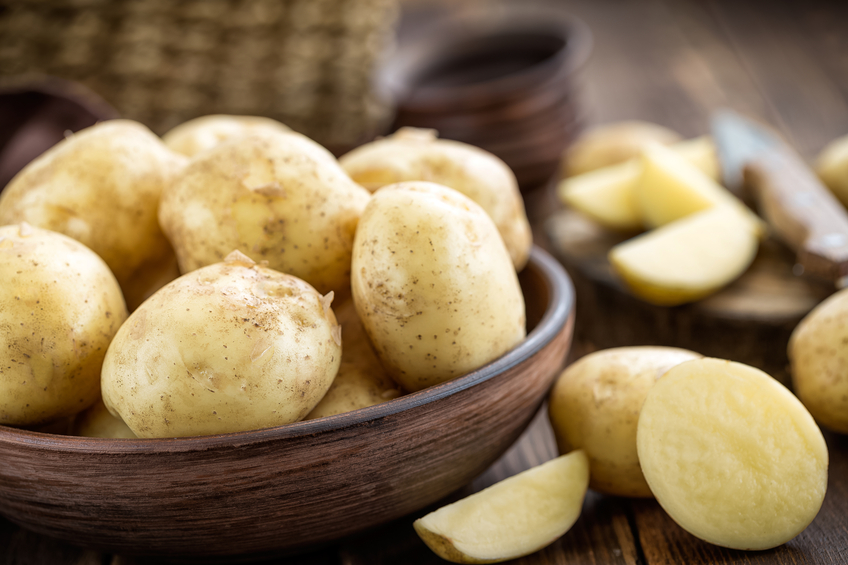
A single large potato contains lots of potassium, magnesium, iron, copper and manganese, with plenty of vitamin C and most of the B vitamins. Potatoes really are one of the world’s most perfect foods.
They contain a little bit of almost every nutrient we need and there have been accounts of people living on nothing but potatoes for a long time. When researchers compared the ‘satiety value’ of different foods, boiled potatoes scored higher than any other food they measured. If you cook the potatoes and then allow them to cool afterwards, they also form large amounts of resistant starch, a fiber-like substance with many powerful health benefits.
7 Salmon
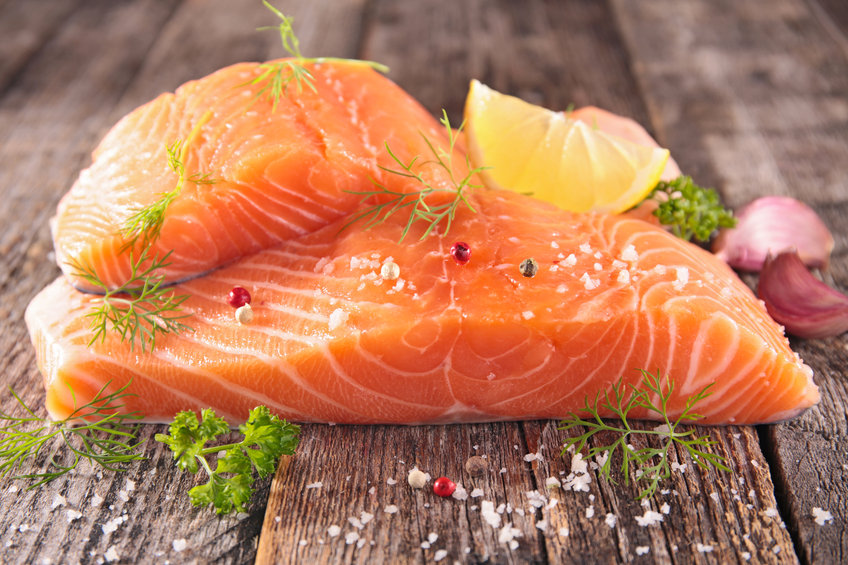
Not all fish are created equal. Salmon, and other fatty types of fish, contain the greatest amount of omega-3s. Omega-3 fatty acids are extremely important for the optimal function of your body. They’re linked to improved well-being and a lower risk of many serious diseases.
It is a good idea to eat fatty fish at least once or twice a week, in order to get all the Omega-3s that your body (and brain) desperately need. Studies show that the people who eat fatty fish regularly have a lower risk of heart disease, dementia, depression and a plethora of common diseases.
If you can, choose wild salmon instead of farmed. It is more nutritious, has a better Omega-6:Omega-3 ratio and is less likely to contain harmful compounds.
8 Sardines
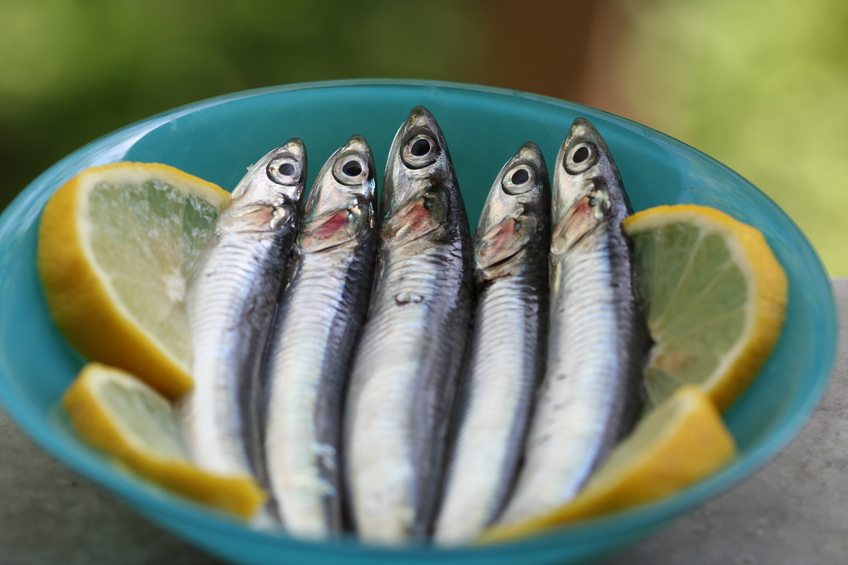
Sardines are small, oily fish that can be eaten whole. Given that the organs are usually the most nutritious parts of an animal, it is not surprising to see that whole sardines are incredibly healthy.
They contain a little bit of almost every nutrient the body needs and are pretty close to being perfect from a nutritional standpoint. Like other fatty fish, they’re also very high in heart-healthy Omega-3s.
9 Blueberries
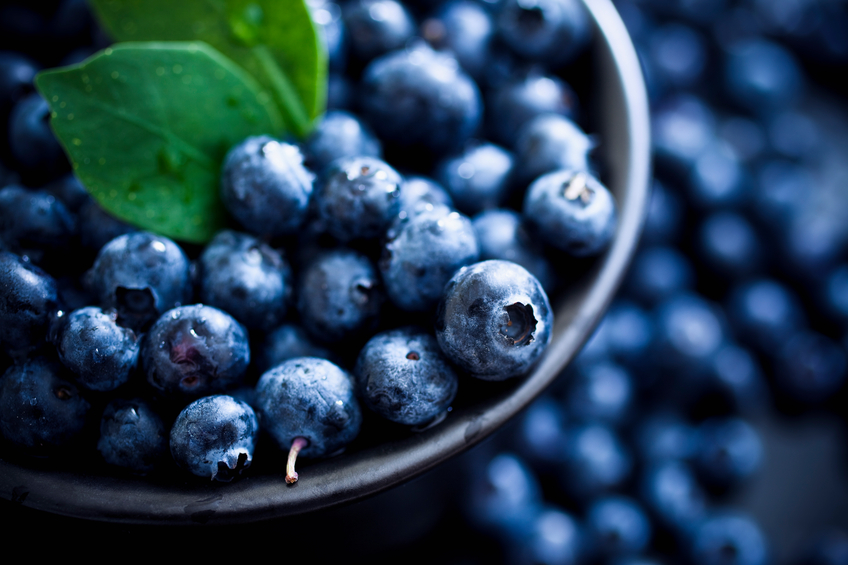
When it comes to the nutritional value of fruits, blueberries are in a league of their own. Although they’re not as high in vitamins and minerals as vegetables (calorie for calorie), the antioxidant content is where they really shine.
They are loaded with powerful antioxidant substances, including anthocyanins and various phytochemicals, some of which can cross the blood-brain barrier and exert protective effects on the brain.
10 Egg Yolks
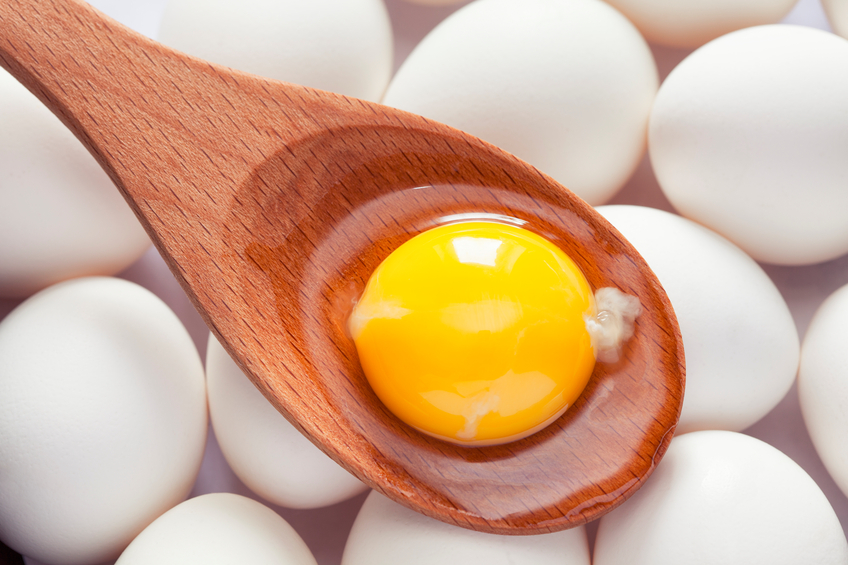
Egg yolks are definitely one of the most nutritious foods on the planet. Whole eggs are so nutritious that they’re often referred to as ‘nature’s multivitamin’.
The yolks are loaded with vitamins, minerals and various powerful nutrients.
They’re high in lutein, zeaxanthine, choline, high-quality protein and healthy fats. The yolk is where almost all the nutrients are found, throwing it away is absolutely the worst thing you can do!
11 Dark Chocolate (Cocoa)

Dark chocolate, with a high cocoa content, is one of the most nutritious foods you can eat. It is loaded with fibre, iron, magnesium, copper and manganese.
But the biggest factor is its amazing range of antioxidants. In fact, a study showed that cocoa and dark chocolate scored higher than any other food they tested, which included blueberries and acai berries. There are multiple studies in humans showing that dark chocolate has powerful health benefits, including improved blood flow, lower blood pressure, reduced oxidized LDL and improved brain function.
For more information, visit www.authoritynutrition.com
